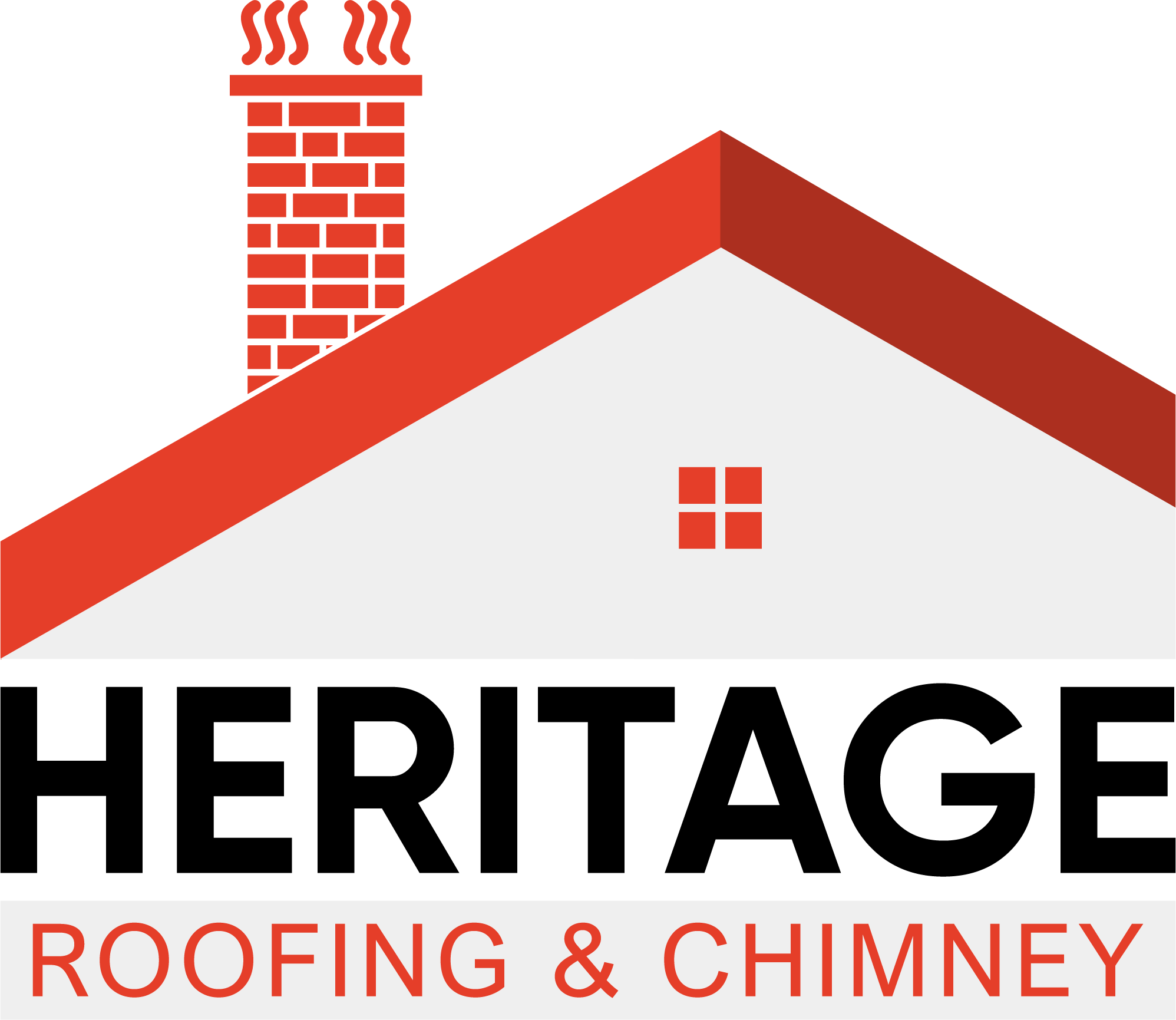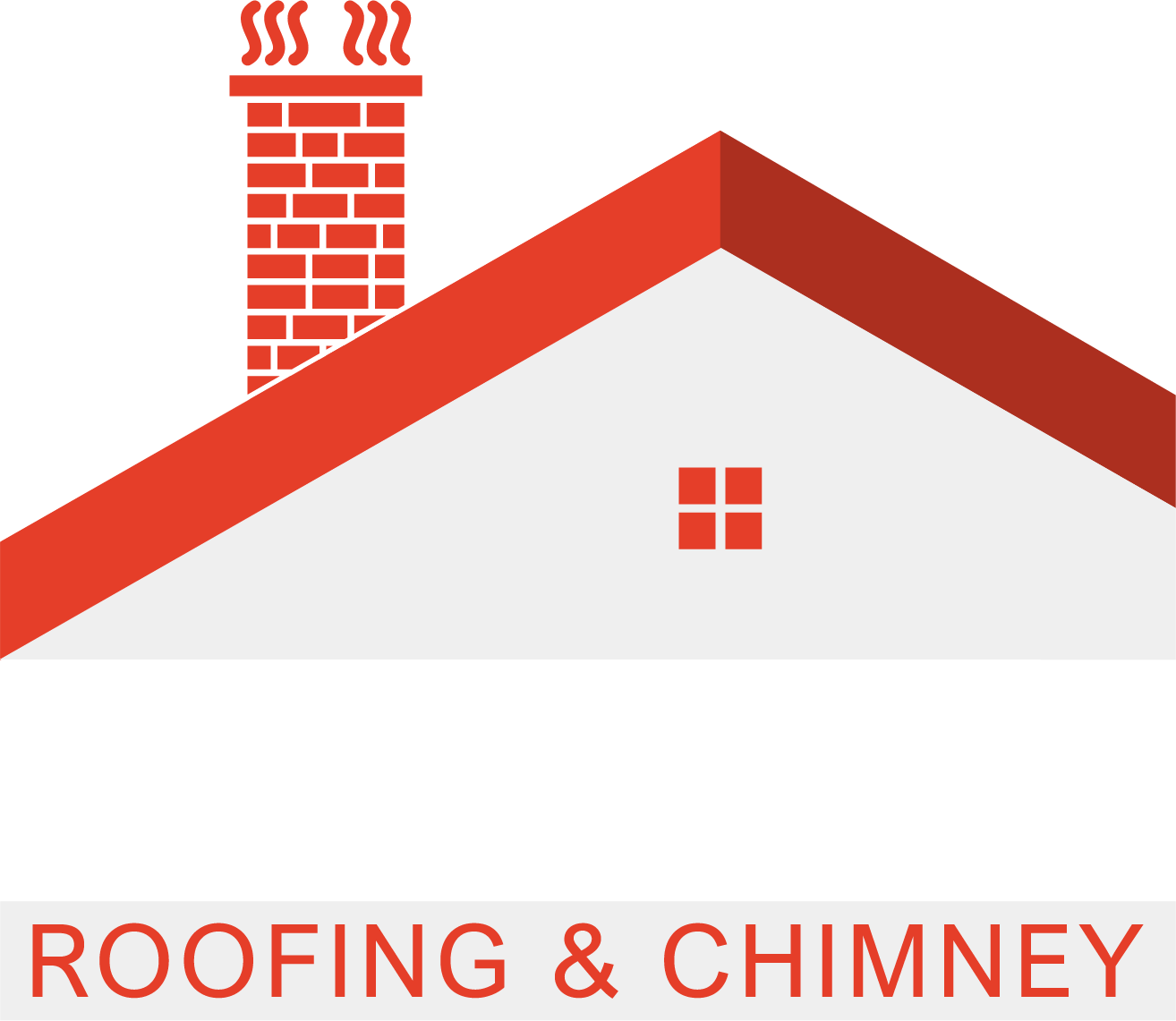Why Flat Roofing Is Gaining Popularity in Kentucky
Flat roofs are becoming a preferred choice for new construction in Kentucky, not just in commercial projects but increasingly in residential builds as well. Their clean design, ease of access, and modern aesthetic make them ideal for both urban and rural settings. However, proper planning, materials, and execution are crucial to ensure long-lasting performance.
Whether you’re building a home, office, or mixed-use property, the roofing system you choose sets the foundation for long-term comfort and cost efficiency. That’s where Heritage Roofing and Chimney comes in—offering expert solutions for new flat construction roofing in KY tailored to your property’s unique needs.
Understanding Flat Roofing – Design and Performance Essentials
How Flat Roofs Actually Work
Despite the name, flat roofs aren’t truly flat. They’re built with a slight slope (usually 1/4 inch per foot) to ensure proper drainage. When installed correctly, they can be just as durable as pitched roofs—and in many cases, even more efficient.
Flat roofs offer:
- More usable rooftop space
- Easier and safer maintenance access
- Better compatibility with HVAC systems and solar panels
- Sleek, modern curb appeal
Common Applications in Kentucky
Flat roofing is ideal for:
- Urban homes with limited space
- Modern-style custom homes
- Commercial properties
- Apartments or multi-family buildings
- Retail spaces and offices
The key to long-term success lies in selecting the right material and hiring experienced professionals like Heritage Roofing and Chimney to ensure flawless installation.
Top Materials for New Flat Construction Roofing in KY
Modified Bitumen
This material consists of asphalt-based sheets rolled onto the roof. It’s affordable, durable, and reinforced with fiberglass or polyester for added strength. It’s a solid choice for homes and small commercial buildings in Kentucky.
Ethylene Propylene Diene Monomer EPDM Rubber Roofing
EPDM (ethylene propylene diene monomer) is a flexible synthetic rubber membrane with a proven track record. It’s highly resistant to UV rays, extreme temperatures, and even hail—perfect for Kentucky’s diverse climate.
Thermoplastic Olefin TPO Roofing
TPO (thermoplastic olefin) is a white, reflective membrane ideal for energy efficiency. It reduces cooling costs and is widely used in both residential and commercial flat roofing systems.
Polyvinyl Chloride PVC Roofing
PVC (polyvinyl chloride) is a premium single-ply material that offers superior resistance to chemicals, water, fire, and wind. It’s especially useful for flat roofs in industrial or commercial settings.
At Heritage Roofing and Chimney, we help you choose the best material based on your needs, property type, and budget.
Key Considerations Before Installation
Climate Compatibility
Kentucky experiences both hot summers and cold winters. Your roofing material should be flexible, UV-resistant, and capable of handling freeze-thaw cycles.
Proper Drainage Design
Water pooling is the #1 cause of flat roof failure. Proper slope, drainage systems (like scuppers or internal drains), and gutter design are critical. Our team ensures your new flat roof won’t hold standing water—even in stormy conditions.
Permits and Code Compliance
Flat roof construction must meet local building codes regarding pitch, insulation, and fire resistance. Heritage Roofing and Chimney handles all permitting and compliance so you don’t have to worry.
Energy Efficiency
With the right material (such as TPO or white PVC), flat roofs reflect sunlight and reduce cooling needs. Consider energy-efficient roofing as a long-term investment.
Step-by-Step Process for Flat Roof Installation
Material Recommendation & Estimate
Before installation begins, our expert team conducts a detailed assessment of your property and construction requirements. Based on your building’s structure, budget, and long-term goals, we recommend the most suitable flat roofing material—whether it’s TPO, EPDM, PVC, or modified bitumen. We also provide a transparent and itemized estimate outlining material costs, labor, timeline, and warranty coverage, so you know exactly what to expect—no hidden surprises.
Site Preparation
A successful roofing project starts with meticulous site preparation. Our crew ensures the roof deck is structurally sound, dry, and clean of any debris or existing materials. Substrate repairs are performed where necessary, and vapor barriers or insulation boards are prepped for installation. Proper preparation guarantees a solid foundation for membrane adherence and long-term durability of your flat roof system.
Installation of Insulation & Membrane
This phase involves the precise layering of insulation and your chosen waterproof membrane using the most appropriate application method—adhered, mechanically fastened, or ballasted. Insulation boards are installed to optimize thermal efficiency, while the membrane is laid out and sealed with professional-grade tools to ensure watertight protection. Flashings and edge details are carefully treated to prevent leaks and accommodate thermal expansion.
Final Inspection & Walkthrough
After installation, our job isn’t done until we conduct a full inspection and quality check. Our project manager and technicians evaluate the membrane seams, flashing work, drainage flow, and structural integrity. We walk you through every aspect of the finished roof, answer any questions, and provide maintenance tips. With Heritage Roofing and Chimney, peace of mind comes standard—your roof is 100% ready to perform.
Avoid These Common Flat Roof Mistakes
Inadequate Slope
Even a “flat” roof needs a slope. A poorly sloped roof will trap water, leading to leaks and rot.
Low-Quality Sealing
Failing to properly seal seams or flashing areas around vents and chimneys can cause major leaks.
DIY or Unlicensed Contractors
Flat roofs require expertise. Inexperienced installers often overlook important details that lead to early failure. Trust Heritage Roofing and Chimney for licensed, insured, and code-compliant work in KY.
Flat Roof Costs and Long-Term ROI
Flat roofs typically cost $6–$12 per square foot, depending on the material and complexity. While some systems like PVC and TPO cost more upfront, they offer long-term savings through:
- Lower energy bills
- Reduced maintenance
- Longer warranties
- Reusable roof space (green roof, HVAC, solar, etc.)
At Heritage Roofing and Chimney, we provide transparent pricing and guide you through the cost-benefit of each material to match your long-term goals.
Maintenance Tips for Maximum Lifespan
A well-maintained flat roof can last 20–30 years. Here’s how to keep yours in peak condition:
- Clean gutters and drainage pathways regularly
- Inspect the membrane for tears or punctures
- Avoid unnecessary foot traffic
- Schedule annual inspections—especially after storms
- Immediately repair even small issues to avoid costly damage
We offer custom maintenance plans to protect your investment year-round.
Why Choose Heritage Roofing and Chimney for Flat Roofing in KY?
We specialize in both residential and commercial flat roof construction across Kentucky. Here’s what sets us apart:
- 15+ years of roofing experience
- Fully licensed, bonded, and insured
- High-quality materials with factory warranties
- Fast turnaround and accurate timelines
- Honest pricing and no hidden fees
- Locally owned and operated—deeply familiar with Kentucky’s climate and codes
From blueprint to finished roof, Heritage Roofing and Chimney delivers craftsmanship you can trust.
Final Thought:
Choosing the right partner for your new flat roofing project is as important as the material you select. In Kentucky’s challenging climate, expert installation, proper drainage, and durable materials are the foundation of long-term success.
With Heritage Roofing and Chimney, you don’t just get a roof—you get peace of mind, professional guidance, and a roof built to last.
FAQs – New Flat Construction Roofing in KY
How long does a flat roof last in Kentucky?
With proper installation and regular maintenance, a flat roof can last between 20 to 30 years, depending on the material used.
Are flat roofs more prone to leaks?
Only if poorly installed. With the right slope, drainage, and sealing, flat roofs are just as reliable as pitched roofs.
Is flat roofing energy-efficient?
Yes. Materials like TPO and white PVC are highly reflective and can reduce your cooling costs by 10–30%.
Can I install solar panels on a flat roof?
Absolutely. Flat roofs offer ideal accessibility and angle adjustment for solar panel installations.
What’s the best flat roofing material for KY weather?
TPO and EPDM are both excellent for Kentucky’s seasonal climate, offering flexibility, UV resistance, and affordability.
Do flat roofs require special insurance?
In some cases, insurance premiums may differ slightly. It’s best to check with your provider and ensure your roofing contractor provides documentation and warranties.


